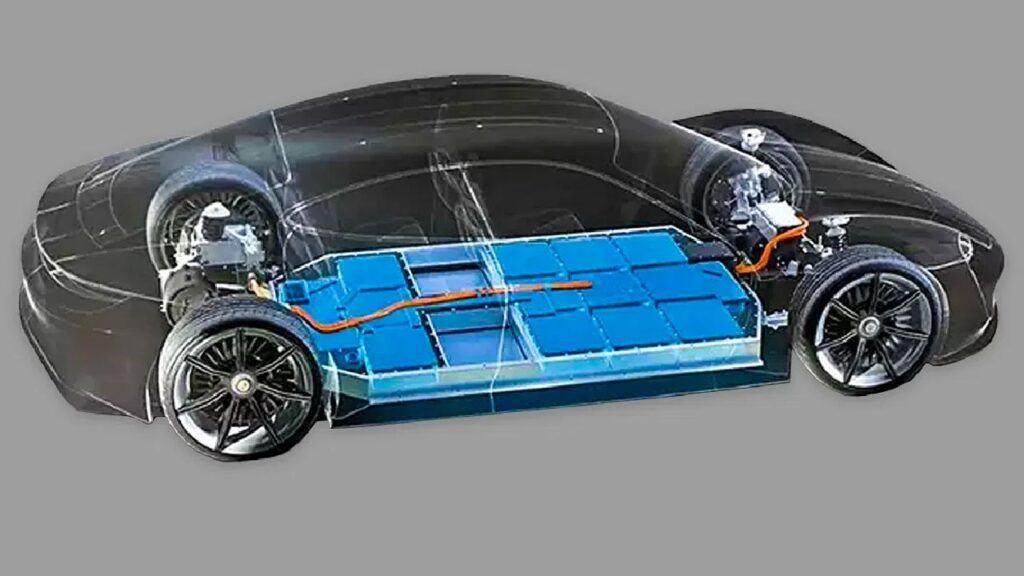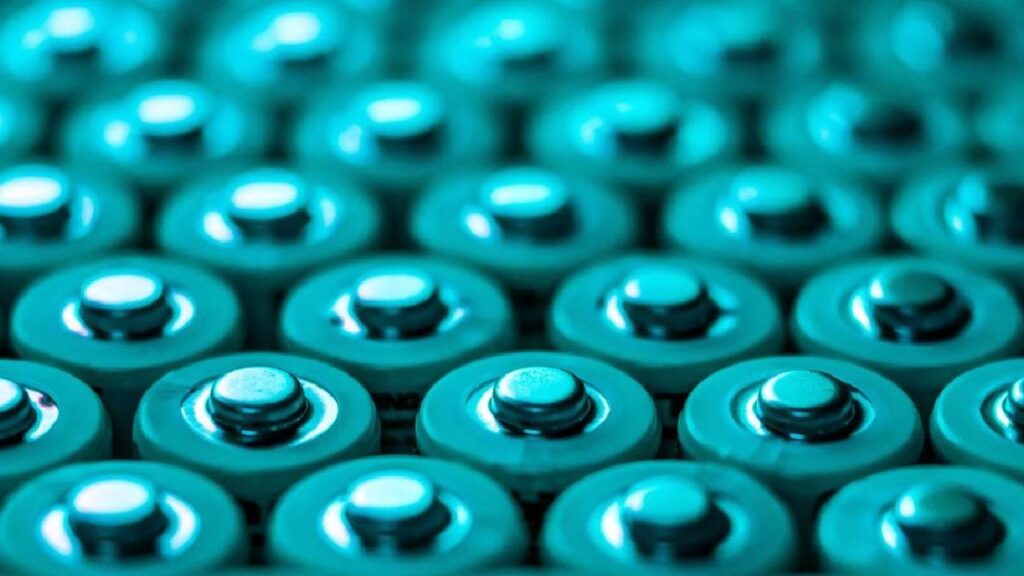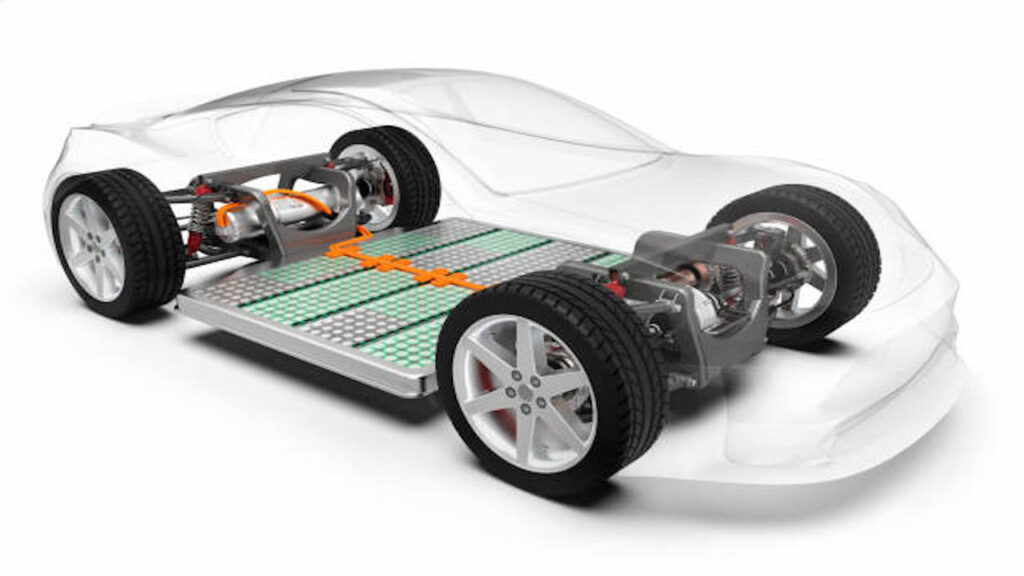Which is Better EV Battery Cooling System – Liquid or Air?
For achieving high thermal efficiency, EV batteries are needed to be kept within the optimal operating temperatures which is why the cooling systems for electric car batteries are critical. Liquid or air cooling system is the most widely used technique to keep an EV battery within the optimal thermal range. Lithium-ion batteries are influenced by temperatures a lot. In fact, that is a major drawback of these types of batteries. But these are energy dense, lightweight, relatively affordable and capable of fast charging, which is why these are mostly used in EVs today. However, an efficient thermal management system needs to be in place to keep the cells from getting too hot or cold to ensure a stable and maximum range and performance. You might also like: Top 5 Tips To Save / Earn Money From EV Charging You might also like: Mercedes Electric G-Wagon (EQG) to Get Silicon Battery Material Liquid vs Air EV Battery Cooling System Liquid EV Battery Cooling System There are two types of liquid battery cooling methods – Direct and Indirect. In a direct liquid cooling mechanism, the battery cells are in direct contact with the coolant. For this to work, the coolant needs to have low to no conductivity. However, there is still intensive R&D going on about this which is why we don’t see it in EVs at the moment. Indirect cooling is something that we have got accustomed to even in traditional internal combustion engines. It consists of thin metal pipes that are placed right next to the battery surface. The heat generated during discharging (when the car in is motion) is absorbed by the coolant (generally glycol or polyglycol) running in these metal pipes via conduction. As a result, the excess heat is taken away by the coolant and it recirculates over and over again. This is the most common method used to control the temperatures of EV batteries today. You might also like: 5 New EV Battery Technologies – Aluminium-ion to Niobium Air EV Battery Cooling System As the name suggests, air cooling systems use the principle of convection instead of conduction for heat transfer. The air circulates around the hot battery and absorbs the heat emitted by it. Needless to mention, this is quite an inefficient way to manage thermal balance. There were some earlier budget EVs that used to have this mechanism, but eventually, carmakers moved to liquid cooling systems. Other Types of Battery Cooling Systems There is also the fin cooling system that is used in many electrical appliances. You must’ve seen fans and cooling setups with thin fins. The principle used in this setup is also convection. These fins have high thermal conductivity which ensures that they absorb the heat. But installing fins inside the vehicles requires additional space and weight. Those are undesirable aspects in modern cars where packing efficiency is critical to liberating the maximum space for the passengers. Finally, there are also Phase Change Materials (PCM) which absorb heat and change from solid to liquid. As one would imagine, the reason why they are not used in vehicles is because of the change in volume. When matter changes forms, there is a change in volume as well. For instance, ice melts to form water. Ice needs compact space while the same amount of water needs more space in liquid form. This property of PCMs renders them useless for automobile applications. You might also like: Top Solid-State Battery Companies For EVs Learn Electric Cars Says In inference, due to the heat transfer capabilities of liquid cooling systems, these are much better than air cooling systems for EV battery cooling. Sure, there can be issues with the liquid cooling systems like leakage. But this system is designed in such a way that it doesn’t happen. In case it still transpires, it is ensured that the passengers remain safe. As far as corrosion is concerned, additives are added to the coolant to ensure great protection against any such issues.










